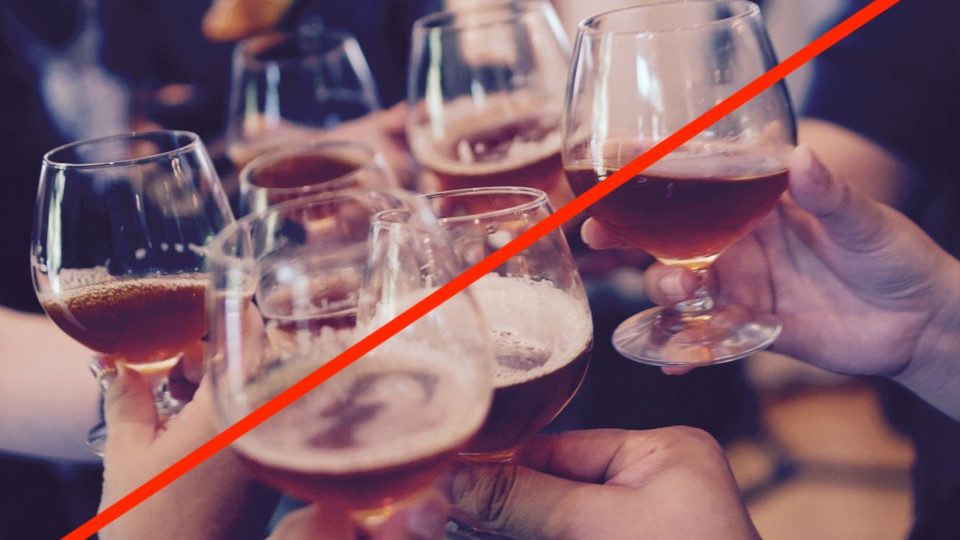Forget drinking responsibly — if some conservative lawmakers have their way, Indonesians may not be able to sell or drink alcohol at all. And that possibility has gotten a little bit closer to reality with discussions on a bill banning alcohol rebooted in parliament.
According to reports, 21 lawmakers from the staunchly conservative Islamic parties the Prosperous Justice Party (PKS) and National Development Party (PPP), as well as one from Gerindra Party, re-initiated their argument at the House Legislation Body (Baleg) to have the Bill on the Prohibition of Alcoholic Drinks (RUU Larangan Minol) passed into law.
The bill, initiated by the same group in 2015, would see all forms of sales and consumption of alcohol prohibited by law. A draft of the bill says those caught producing, distributing, or storing alcohol in Indonesia may be imprisoned between two and 10 years, while those caught consuming alcohol may be imprisoned between three months and two years.
Some exemptions listed in the bill include alcohol use/sales in tourism, pharmaceuticals, religious/cultural requirements, and anyone with government dispensation.
Discussions on the bill stalled for years, and the initiators motioned for its resumption in February 2020. Baleg acknowledged the motion in September and allowed the lawmakers to make their case on Tuesday.
In their argument, the lawmakers quoted verses of the Quran that prohibited Muslims from consuming alcohol as doing so would lead them away from God.
One PPP lawmaker said the bill is imperative in protecting the public from the dangers of alcohol.
“Looking at the reality [of the negative effects of alcohol], what should happen is that RUU Larangan Minol should be deliberated on and passed for the sake of future generations,” PPP lawmaker Illiza Sa’aduddin Djamal told reporters yesterday.
Indonesia, which officially recognizes six religions (five of which do not explicitly forbid alcohol consumption), does not have a nationwide ban on alcohol sales or consumption. Some notable exceptions include prohibition by regional bylaws, such as in Aceh, the only province that enforces Islamic sharia law.
If this bill were to be passed, the effects on Indonesia, in terms of the economy, tourism, and public health (tainted homemade alcohol deaths are already a big problem) would be disastrous.
But there is reason to believe that the bill will remain dead in its tracks. When asked about RUU Larangan Minol, Baleg Deputy Chairman Willy Aditya said there is still a long way to go on discussions of the bill, even though it’s in parliament’s list of priority bills in 2020 and may make the same list in 2021.




